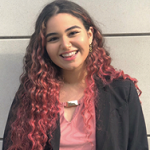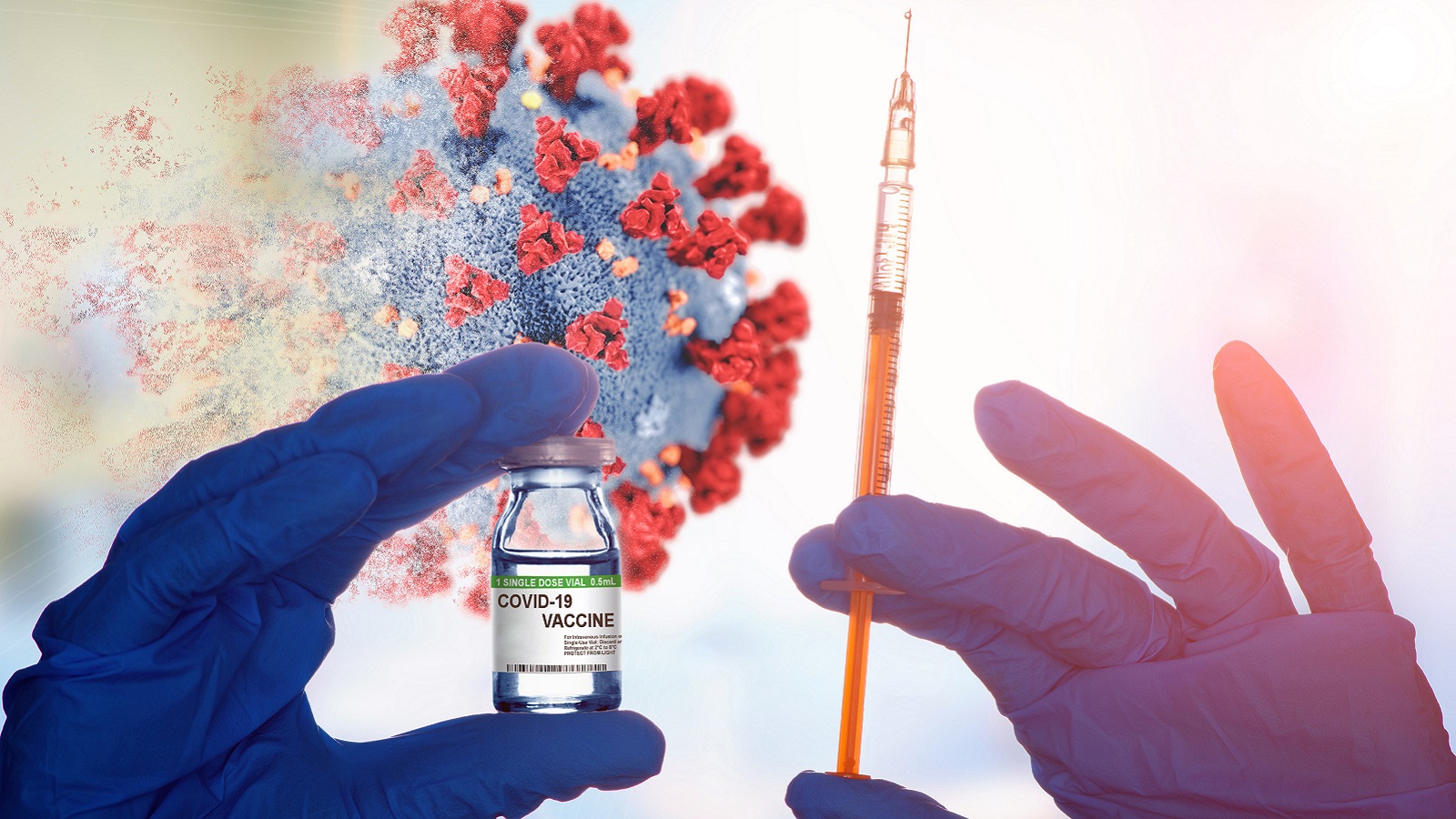Basic epidemiological terminology has steadily crept into everyday jargon as the COVID-19 pandemic has been raging globally. “Quarantine,” “physical distancing,” “isolation,” “PCR testing,” “rapid testing”—all words that may have otherwise come from a sci-fi movie are now among the many terms dropped in conversations as friends, family members, and loved ones check-in with one another.
“Herd immunity,” in particular, is a term that is commonly thrown around despite disagreement among the public health community regarding exactly how many people need to receive the COVID-19 vaccine in order for the population at-large to be safe. Whatever that number may be, however, it is clear that non-U.S. citizens must be included in the parameters of the “herd,” which has not necessarily been the case thus far in COVID-19 testing, vaccination, and treatment rollout.
In April 2020, approximately two months into the COVID-19 epidemic in the United States, the American Civil Liberties Union (ACLU) of Arizona began receiving reports of Immigration and Customs Enforcement (ICE) vans parked outside of public COVID-19 testing facilities. While ICE allegedly claims that no one will be detained at these sites, the presence of this body of federal agents sparks fear in communities who have long been targeted by xenophobically-driven policies.
These reports are not isolated incidents; researchers at Harvard Medical School’s chapter of Physicians for Human Rights recently released a report, startlingly titled “Praying for Hand Soap and Masks: Health and Human Rights Violations in U.S. Immigration Detention during the COVID-19 Pandemic,” which uncovers findings from a sample of 50 recently released immigrants from 22 ICE detention facilities across the country. Over half of the formerly detained persons experienced COVID-19 symptoms while they were being detained, yet many had to wait hundreds of hours before being able to see a provider, and only three of those who reported symptoms were isolated (in terrible living conditions) and tested for COVID-19.
All of these horrifying events send a very clear message to non-U.S. citizens and newly arrived survivors of forced migration living in the United States: “Healthcare doesn’t apply to you.”
How can primary care providers, health equity advocates, public health officials, and key stakeholders work towards creating a safe, welcoming, and accessible healthcare environment for all people who seek out COVID-19 testing, vaccination, and/or treatment? What impacts may result from supporting minoritized communities who live in constant fear and distrust of surveying institutions that have not explicitly voiced or demonstrated respect, confidentiality, and protection for them and their families? Can the U.S. meet its current—though fluctuating and rapidly developing— clinical and public health standards if displaced populations are not properly served? Lastly, and potentially most subjective of all, where does politics end and healthcare begin?
Actions speak louder than words
In order for a line of trust to form between non-U.S. citizen communities and healthcare providers, public health officials, hospital systems, local government leaders, and public facilities, there must be both a written and unwritten agreement. For example, while ICE supposedly halted arrests at COVID-19 testing facilities, why were they there in the first place, and what standard was holding them accountable?
In addition to verbal confirmation, there must also be legally-acknowledged written documentation that is clearly formulated and widely distributed. The creation of safe spaces at free COVID-19 testing locations through the absence of federal agents and/or policing bodies will increase the likelihood of accessing these resources without the threat of arrest.
This idea of claiming medical facilities as technically “private” and safe from baseless federal policing is presented in the toolkit by Doctors for Immigrants, a study and humanitarian project led by Dr. Altaaf Saadi, Associate Director of the Massachusetts General Hospital (MGH) Asylum Clinic. Through this study, Dr. Saadi presents the techniques and protections that providers should aim to model in their offices and pressure their hospitals to enforce in order to openly and safely care for immigrant patients. These findings are highly important to integrate into healthcare systems, as testing, vaccination, and treatment are absolutely lifesaving.
We can’t serve the people we push away
While exact data is still developing regarding the health disparities that non-citizens experience in the U.S. in respect to COVID-19 prevention, detection, and treatment measures, accounts of other relevant factors are highly concerning. Many of these communities have high rates of uninsured people and poor access to free testing and treatment services.
The social determinants of health of these communities are also quite troubling, including approximately 75% of working undocumented people are essential workers on the frontlines. With over 10 million undocumented people living in the United States, this population composes 3.2% of the U.S. population and 4.4% of the United States workforce. As unemployment rates skyrocket and in-person jobs are closing down and/or forcing people to risk their lives every single day, there is no doubt that these economic pressures, coupled with both underlying and direct political threats, are serving as major drivers for this pandemic.
With already low primary care physician (PCP) visitation rates, these heightening barriers are bound to serve as major hurdles for undocumented people and possibly further push them away from U.S. healthcare options.
Herd immunity must include non-U.S. citizens
There is no single framework for integrating non-citizens into United States-based primary care, and then in turn adapting this structure to future epidemics or public health emergencies. However, this gap in healthcare tools is necessary to address in the present. By challenging health professionals, officials, and advocates on every level to collaborate on the formation of a model that addresses existing disparities, a sustainable model may be formed for future populations to benefit from.
Fear of working, of healthcare, and of living should not be withholding non-U.S. citizens from accessing basic human necessities. Until then, hundreds of thousands of undocumented people may be anxiously living under the misconception that COVID-19 testing will get them deported.
As COVID-19 vaccination plans and phases continue to unfold, let us remember everyone who is in our herd and that immunity can only be reached if everyone is safe.
**Feature photo obtained with standard license on Shutterstock.
Interested in other articles like this? Subscribe to our bi-weekly newsletter
Interested in contributing to the Harvard Primary Care Blog? Review our submission guidelines

Siwaar Abouhala (she/her) is a second-year undergraduate student at Tufts University studying Arabic, community health, and biology. Her research interests include Arab-American health, maternal health, racial and ethnic health disparities, and the health of survivors of forced migration. Siwaar is the Founder & President of Maternal Advocacy and Research for Community Health (MARCH), the first maternal health student organization at Tufts University, and Chair of the Maternal and Child Health Journal Club through Tufts University School of Medicine. She currently serves as a Research Assistant in the MOTHER (Maternal Outcomes for Translational Health Equity Research) Lab and an Undergraduate Researcher at the Massachusetts General Hospital Vincent Center for Reproductive Biology.
- Share
-
Permalink


